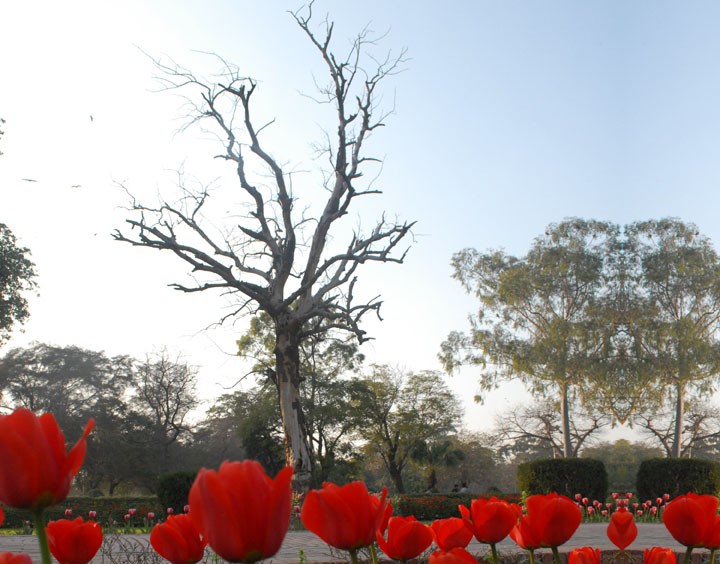
Our emotional journey throughout the year is ruled by the passage of the changing seasons, and we mould our lives according to their rules

Ever wondered how the changing seasons affect our moods and our outlook towards life? From the feeling of hope inspired by the blooming of flowers in spring and the nostalgia-gripped mind at the end of year, our emotional journey throughout the year is ruled by the passage of the changing seasons, and we mould our lives according to their rules.
With the sunny skies and whispering bird tunes, the season is transitioning from summer to winter. With the guiding, glowing stars at night and the lightly falling rains; changing foliage, and crisp, folding leaves; the sun rays softened up and the nights getting cooler as the warm night retrieves. To many in Lahore the season is called ‘autumn’ or ‘khizaan’ in Urdu. This subtle change of season was traditionally known as ‘Assu,’ a time of the year when standing in a shade is pleasant but walking out into the sun is still exhausting.
The ubiquity of nature and weather patterns in the Punjab are difficult to overlook even in today’s highly urbanised, technological age. Not so long ago, the culture of seasonal greetings was prevalent in the province; as in poems and prose, the seasonal reference not only established the time and setting but also made the greetings more polite and elegant. This is but one of the innumerable examples of the ways in which the seasons have been incorporated into the social communications and cultural expression over hundreds of years in the Punjab in general, and Lahore, in particular.
The twelve seasons’ calendar which was widely followed by the people here has slowly been replaced by the four-season Gregorian calendar, or five seasons if we count ‘Smog’ as one. The local calendar when studied closely provides an insight to the regions’ close affinity with nature, rooted in a deep and influential agricultural heritage that is centred on the golden fields of wheat, and the climate and geography that brought a profound sensitivity to the cycle of the 12 seasons.
The once popular festivals of Lohri, celebrated when seasons would change from Poh to Magh; Basant, celebrated in the month of Phagun; Baisakhi, celebrated in Vaisakh, the beginning of harvest; and many others have faded with the passage of time as people became victims of progress. The 12 seasons that once ruled the Punjab go unnoticed every year, the folklores with every season are forgotten, the festivals termed unreligious are pushed aside, and the cultural capital of the Punjab left barren from the anecdotes of the past.